Africa and Caribbean coming together: AfCAR
CARICOM came collectively to the UN to form a unique geopolitical grouping called the AfCAR.
5th of April 2021

Caribbean: On 30th March 2020, the African group of Nations and the CARICOM came collectively to the UN to form a unique geopolitical grouping called the AfCAR.
The sixty-eight member countries issued a joint statement in the UN General Assembly to celebrate the ‘International Day of Remembrance of -Victims of Slavery and Transatlantic Slave Trade’.
This day is an object of historical significance for the environment and a formative part of the history of both the Caribbean and most African nations. The two countries have a strong connection with the diaspora that is yet to be searched to its full potential.
The General Assembly meeting, which observed the origin of AfCAR, was organised under the topic; “Ending Slavery’s Legacy of Racism; -A Global Imperative for Justice”. It seems like a suitable moment for the two regions to look towards forming a more profound bond, as the world has finally begun to recognize and acknowledge the deep-rooted and often subtle long-term ramifications of slavery and its legacy.
Certain popular protests actions world-wide are also a pushback against a present that has established itself on un-questioned approval of a past surrounded by racism and slavery.
When the world endeavour to grapple and navigate during the reticulate web of race- relations and society, the coming collectively of two regions that have so closely and directly felt the outcomes of racism, slavery, and the slave trade is a welcome growth.
The relations between the Caribbean and African nations run deeper than are observed at first glance; this geopolitical grouping strength is considered one of the many in the world. Still, its goal is greater than strategy and/or economics. The areas first got involuntarily connected in 1502, with the origin of the triangular slave trade.
The triangular slave trade was a flourishing business wherein people from Western African nations were effectively moved to the Caribbean and regions of South America and the US and Europe as slaves. It progressively increased inwards towards Eastern and Central Africa also, and it is determined that it led to the forcible removal of around twelve million African individuals as slaves.
Although not usually recognized for it, the African slave labour and later the indentured labour from India laid down the associations for development in the ‘new world’.
In the Caribbean, the African population forms a large chunk of the racial and societal matrix, with waves of migrants that were brought to the Caribbean islands from Africa, India, and then China, Java, and Sumatra; the Caribbean identity now is a vibrant mix of not just races but also cultures. But, certain practices and social customs and traditions remain unchanged within the communities, including the African diaspora.
In nations like Guyana, Suriname, and Trinidad & Tobago, the community is mainly and almost equally distributed between the African origin -and the Indian origin population. This group usually plays a pivotal role in the politics of these nations and the Caribbean in general.
While the 2 regions have much in common, especially about their history, civil rights, and the greater fight against racism, they had not yet found a common platform to do so. This is not to say that countries did not socialize with each other.
Globally, the regions and their nations were often overlapping members of various multilateral fora; UN, the G-77 + China, WTO, African, Caribbean, and the Pacific Group of the ACP, and the NAM are every multilateral grouping that finds Caribbean and African nations as their group members. The African Union and the- CARICOM have also associated in the past through summits and organisations.
However, the formation of the AfCAR grouping accommodates both regions with an independent platform and gives them greater group transaction power at a global stage. The AfCAR office in Nairobi is representative of the earnestness of the struggles. It would be interesting to examine what the future continues for AfCAR grouping.
Latest
- Randy Baltimore nominated for St Philip’s North By-Election after Yearwood resignation
-
St Kitts and Nevis: PM Terrance Drew meets US Secretary of State to strengthen bilateral ties -
Dominica to welcome over 15,000 Cruise Passengers this week -
Trinidad and Tobago: Gunmen rob two women in carjacking, victim hides in drain -
Jamaica: Woman severely burned in Westmoreland Gas Station fight; Three charged
Related Articles
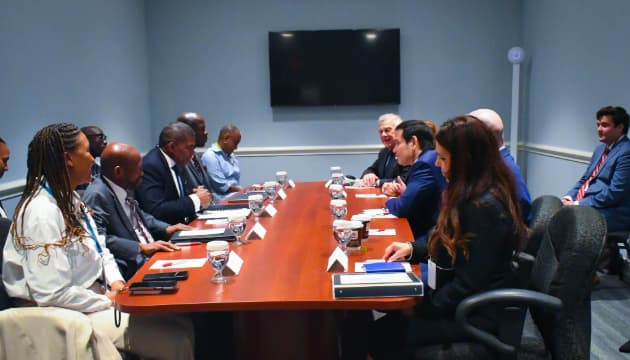
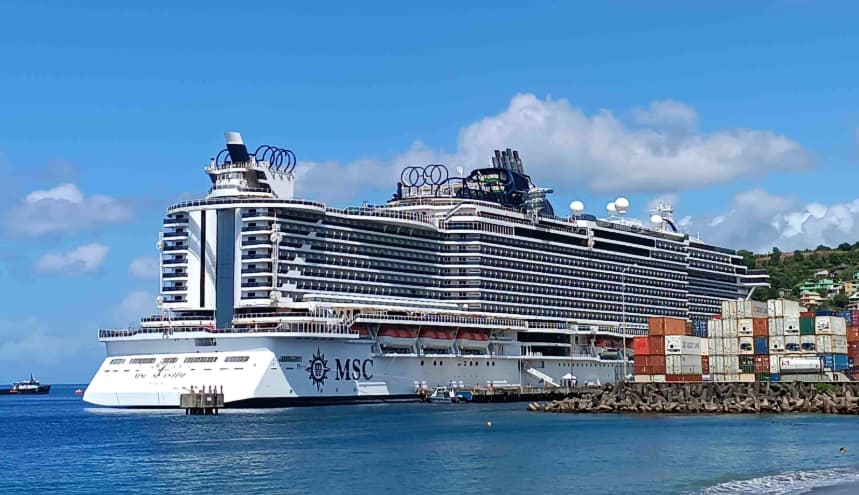
26th of February 2026
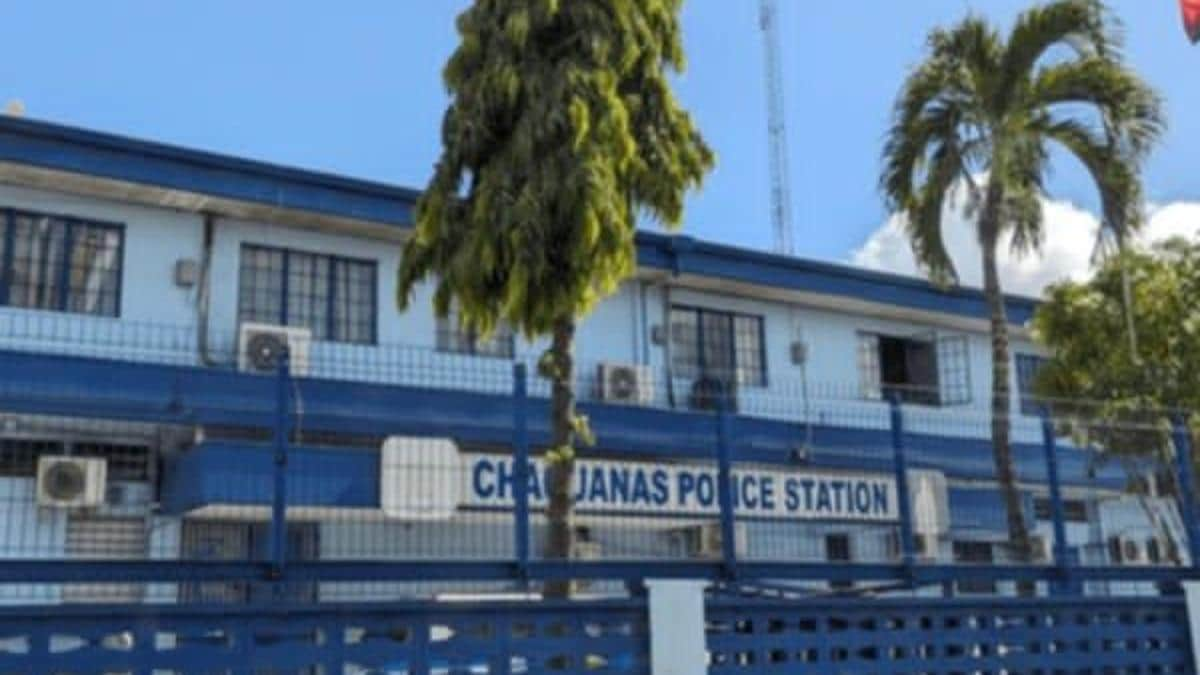
26th of February 2026

26th of February 2026
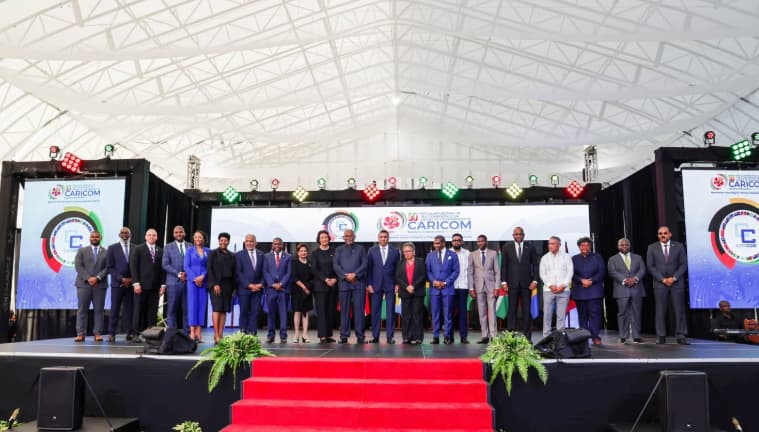
25th of February 2026
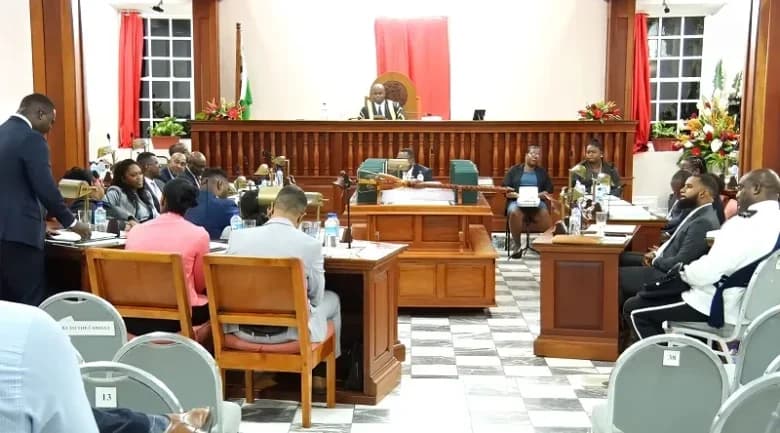
25th of February 2026

24th of February 2026

